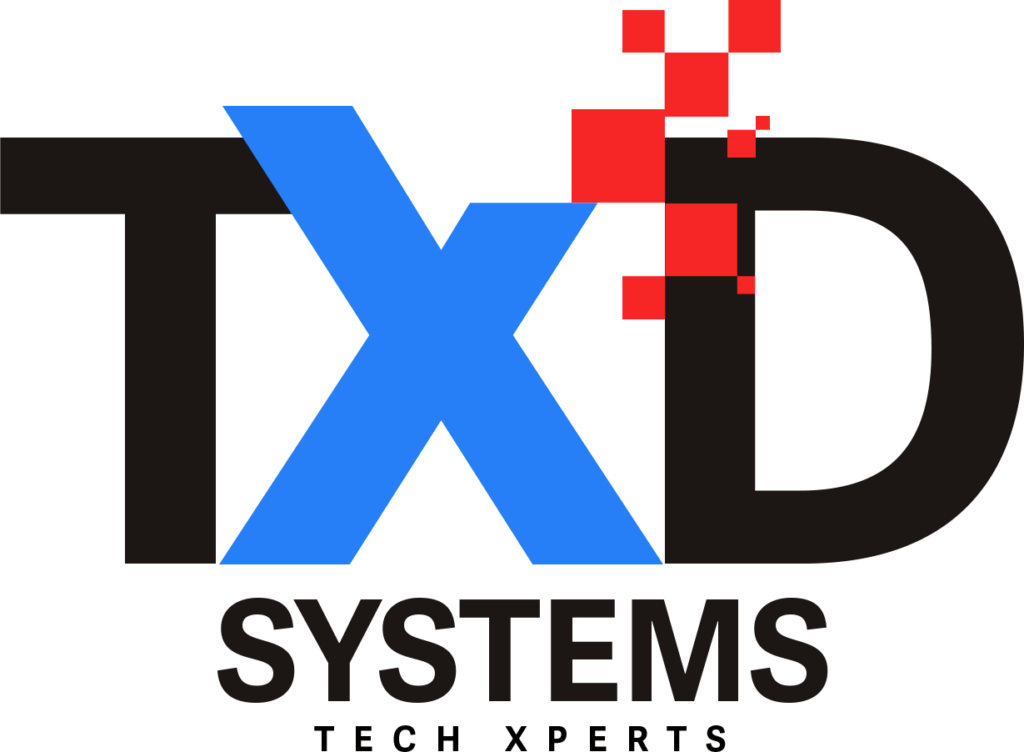Introduction:
In the ever-evolving landscape of cybersecurity threats, organizations require robust vulnerability management solutions to proactively identify and address potential weaknesses in their network infrastructure. Tenable Nessus has emerged as a leading vulnerability assessment tool, providing comprehensive features and functionalities to enhance security postures. This article delves into the powerful features of Tenable Nessus and explores its common use cases, highlighting its significance in safeguarding organizations against cyber threats.
Feature Highlights:
- Vulnerability Scanning: Tenable Nessus offers powerful vulnerability scanning capabilities that systematically identify potential vulnerabilities in networks, systems, and applications. It employs a vast database of known vulnerabilities and performs thorough scans to pinpoint weaknesses, misconfigurations, and outdated software versions.
- Extensive Plugin Library: Nessus boasts an extensive library of pre-built plugins, continuously updated by Tenable’s research team. These plugins cover a wide range of vulnerabilities and compliance checks, ensuring comprehensive coverage and accuracy in vulnerability assessments.
- Policy Compliance Auditing: Nessus enables organizations to assess their adherence to security policies and regulatory frameworks. It provides a variety of compliance templates and standards, such as PCI DSS, HIPAA, CIS benchmarks, and more. Organizations can leverage Nessus to evaluate their systems’ compliance and generate detailed reports for audits.
- Configuration Auditing: In addition to vulnerability assessments, Nessus performs configuration audits to identify security weaknesses resulting from misconfigurations in network devices, operating systems, and applications. It helps organizations maintain secure configurations and minimize risks associated with incorrect settings.
- Continuous Monitoring: Nessus supports continuous monitoring of network assets to ensure ongoing visibility into vulnerabilities and security posture. With scheduled scans and real-time monitoring capabilities, organizations can stay informed about new vulnerabilities, emerging threats, and changes in their network environment.
- Remediation Guidance: Nessus provides comprehensive remediation guidance to assist organizations in addressing identified vulnerabilities effectively. It offers detailed descriptions, suggested fixes, and links to additional resources, enabling security teams to prioritize and remediate vulnerabilities efficiently.
- Integration and Collaboration: Nessus seamlessly integrates with other security tools and platforms, including Security Information and Event Management (SIEM) systems, ticketing systems, and patch management solutions. This integration streamlines vulnerability management workflows, enhances incident response, and facilitates collaboration among security teams.
Common Use Cases:
- Vulnerability Assessments: The primary use case of Nessus is conducting vulnerability assessments across an organization’s network infrastructure. By scanning and identifying vulnerabilities, organizations can prioritize remediation efforts, reducing the risk of exploitation and data breaches.
- Patch Management: Nessus assists in patch management processes by identifying missing patches and updates in systems and applications. It helps organizations ensure that their IT assets are up to date with the latest security patches, minimizing the attack surface.
- Compliance Auditing: Nessus plays a crucial role in compliance management by evaluating systems against industry-specific standards and regulatory frameworks. Organizations can leverage Nessus to assess their compliance posture, generate audit reports, and demonstrate adherence to security requirements.
- Configuration Auditing: Nessus helps organizations identify security weaknesses resulting from misconfigurations in network devices, operating systems, and applications. By performing configuration audits, organizations can ensure secure settings and reduce the risk of vulnerabilities stemming from incorrect configurations.
- Incident Response Support: Nessus aids incident response efforts by providing real-time vulnerability data and alerting security teams to potential risks. It helps security professionals prioritize their response efforts and take appropriate actions to mitigate vulnerabilities before they are exploited.
Conclusion:
Tenable Nessus stands as a powerful vulnerability assessment tool, offering a wide range of features and capabilities to support organizations in their ongoing efforts to strengthen their cybersecurity postures. With vulnerability scanning, policy compliance auditing, configuration auditing, and continuous monitoring, Nessus empowers organizations to identify, prioritize, and remediate vulnerabilities proactively. By leveraging Nessus’ comprehensive features, organizations can enhance their vulnerability management practices, reduce the attack surface, and mitigate the risk of cyber threats.

